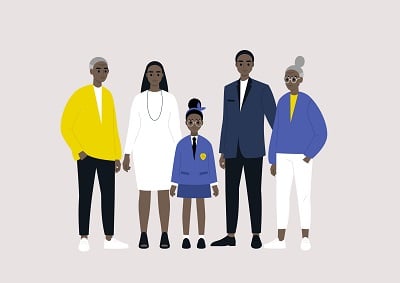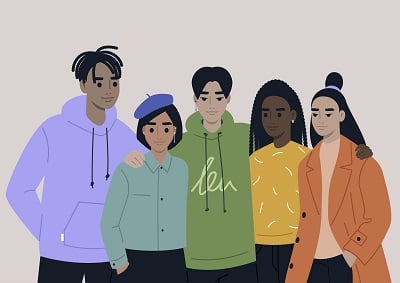Search Results for: ...
Trauma
Body-Focused Repetitive Behaviors (BFRBs)
Obsessive-Compulsive Disorder (OCD)
Residential Treatment Centers
A residential treatment center (RTC), sometimes called a rehab, is a live-in health care facility providing therapy for substance abuse, mental illness, or other behavioral problems. Please note that there are very few in-patient residential treatment center
Children and Anxiety and Depression
Bipolar Disorder
Autism Spectrum Disorder and Anxiety/Depression
Black and African American Communities
Member Research News
Below is a listing of recent research and clinically focused ADAA member publications/programs. If you are an ADAA member and are interested in sharing your research news here on ADAA's website, please contact Lise Bram.







